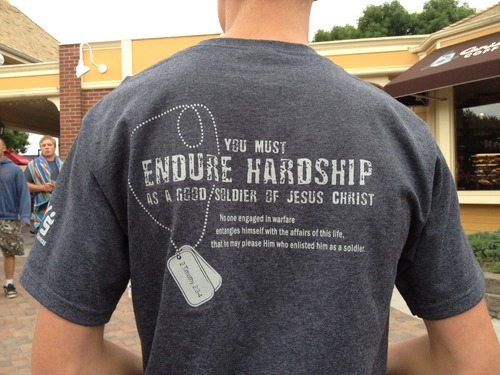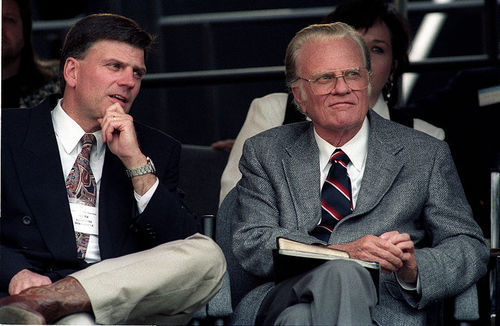I’ve been thinking about guns. Not the ones I wish I had instead of the stick-like things that emerge from my upper torso, but the ones that have been facilitating all the shootings that have been the subject of grisly news reports and impassioned Facebook pleas for gun control lately. Not just the shootings in recent months. Over half of the deadliest mass shootings in the U.S. in the last 50 years have happened in the past decade.
I have to make a confession: the killings reported in the news have not disturbed me enough. What I mean is that I don’t always feel shocked, the stories don’t necessarily stop me in my tracks or make me unable to go about my daily routine. These things happen, it’s horrible and tragic, but that’s just part of this sort of messed up but ultimately not-that-bad world. True, people are killed in Chicago all the time, some very close to where I live, but even that fact is crazily easy to ignore and distance myself from.




